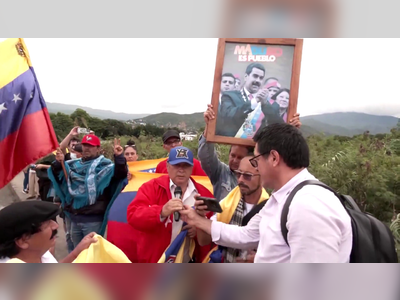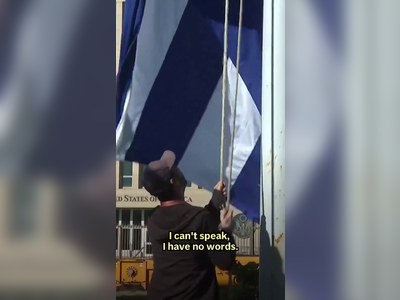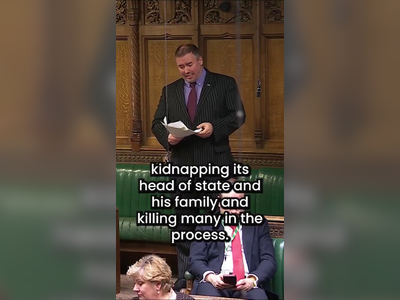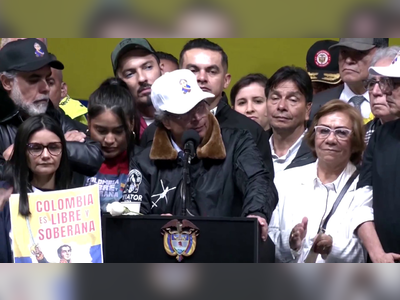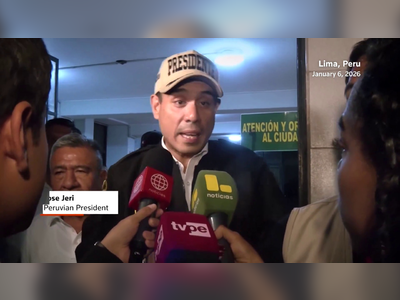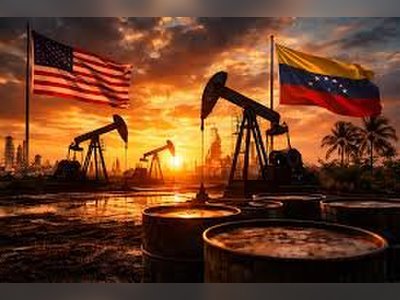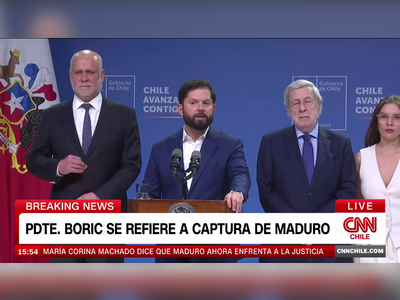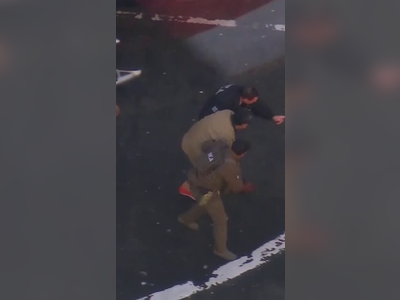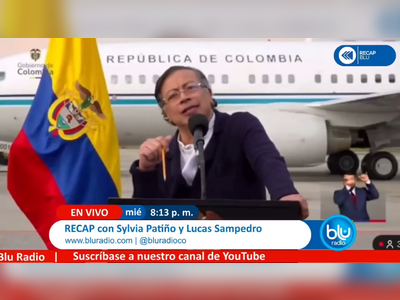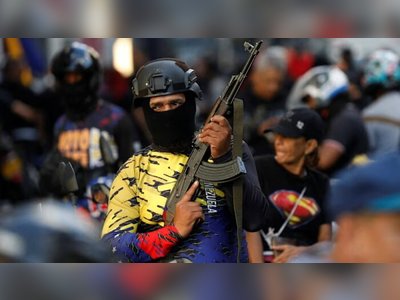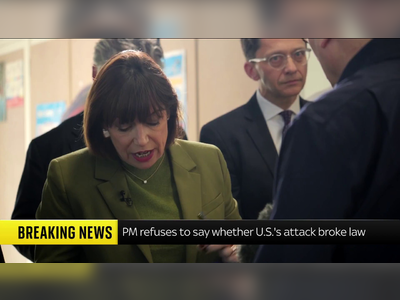
Costa Rican Lawmaker Seeks Clarification on Diplomatic Relations with China
Diplomatic tensions emerge amid Huawei 5G exclusion and concerns over U.S. influence.
Costa Rican lawmaker Luis Fernando Mendoza, chairman of the International Affairs Commission in the Legislative Assembly, announced plans to file a motion calling for Foreign Affairs Minister Arnoldo André and Science and Technology Minister Paula Bogantes to explain the current state of diplomatic relations between Costa Rica and China.
The motion also seeks the presence of China's Ambassador, Wang Xiaoyao, to provide her perspective.
Mendoza's actions come in response to recent remarks by Ambassador Wang, who expressed concerns over Chinese companies' hesitance to invest in Costa Rica, citing perceived U.S. interference in Costa Rican internal politics and potential unequal treatment.
This follows Costa Rica's decision to exclude Chinese technology firm Huawei from its 5G spectrum tender—a move influenced by requirements to source equipment from countries that have ratified the 2001 Budapest Convention on Cybercrime, which China has not signed.
The lawmaker emphasized that the Costa Rican public requires clarity on possible shifts in foreign policy amid these tensions.
He raised concerns after Ambassador Wang suggested that Costa Rica had stalled technoscientific cooperation with China, noting that Minister Bogantes had not responded to calls for reactivating bilateral commissions on the matter.
Mendoza, a member of the National Liberation Party (PLN), plans to present his motion during the Legislative Assembly's session on January 22, seeking support from fellow committee members.
His proposal is part of an ongoing investigation into the regulations that led to Huawei's exclusion.
Costa Rica has maintained a Free Trade Agreement with China since 2011. Mendoza asserts that any shifts in foreign policy affecting trade or cooperation embedded within this agreement should be communicated to the Legislative Assembly.
President Rodrigo Chaves previously stated Costa Rica's intention to remain neutral amid global geopolitical tensions, notably those involving the United States and China.
However, Mendoza contends that recent government actions suggest a deviation from this stance.
The situation escalated following statements made by Costa Rica's Foreign Trade Minister Manuel Tovar on the social media platform X, formerly known as Twitter.
Tovar underscored Costa Rica's commitment to non-discriminatory, open-market policies while emphasizing respect for national sovereignty and legal standards.
He declared that investments contravening these principles, potentially offering 'dishonest temptations,' would not be accepted.
Mendoza aims to convene discussions with key officials to address these issues and clarify Costa Rica’s diplomatic position and trade policies concerning China.
The motion also seeks the presence of China's Ambassador, Wang Xiaoyao, to provide her perspective.
Mendoza's actions come in response to recent remarks by Ambassador Wang, who expressed concerns over Chinese companies' hesitance to invest in Costa Rica, citing perceived U.S. interference in Costa Rican internal politics and potential unequal treatment.
This follows Costa Rica's decision to exclude Chinese technology firm Huawei from its 5G spectrum tender—a move influenced by requirements to source equipment from countries that have ratified the 2001 Budapest Convention on Cybercrime, which China has not signed.
The lawmaker emphasized that the Costa Rican public requires clarity on possible shifts in foreign policy amid these tensions.
He raised concerns after Ambassador Wang suggested that Costa Rica had stalled technoscientific cooperation with China, noting that Minister Bogantes had not responded to calls for reactivating bilateral commissions on the matter.
Mendoza, a member of the National Liberation Party (PLN), plans to present his motion during the Legislative Assembly's session on January 22, seeking support from fellow committee members.
His proposal is part of an ongoing investigation into the regulations that led to Huawei's exclusion.
Costa Rica has maintained a Free Trade Agreement with China since 2011. Mendoza asserts that any shifts in foreign policy affecting trade or cooperation embedded within this agreement should be communicated to the Legislative Assembly.
President Rodrigo Chaves previously stated Costa Rica's intention to remain neutral amid global geopolitical tensions, notably those involving the United States and China.
However, Mendoza contends that recent government actions suggest a deviation from this stance.
The situation escalated following statements made by Costa Rica's Foreign Trade Minister Manuel Tovar on the social media platform X, formerly known as Twitter.
Tovar underscored Costa Rica's commitment to non-discriminatory, open-market policies while emphasizing respect for national sovereignty and legal standards.
He declared that investments contravening these principles, potentially offering 'dishonest temptations,' would not be accepted.
Mendoza aims to convene discussions with key officials to address these issues and clarify Costa Rica’s diplomatic position and trade policies concerning China.
